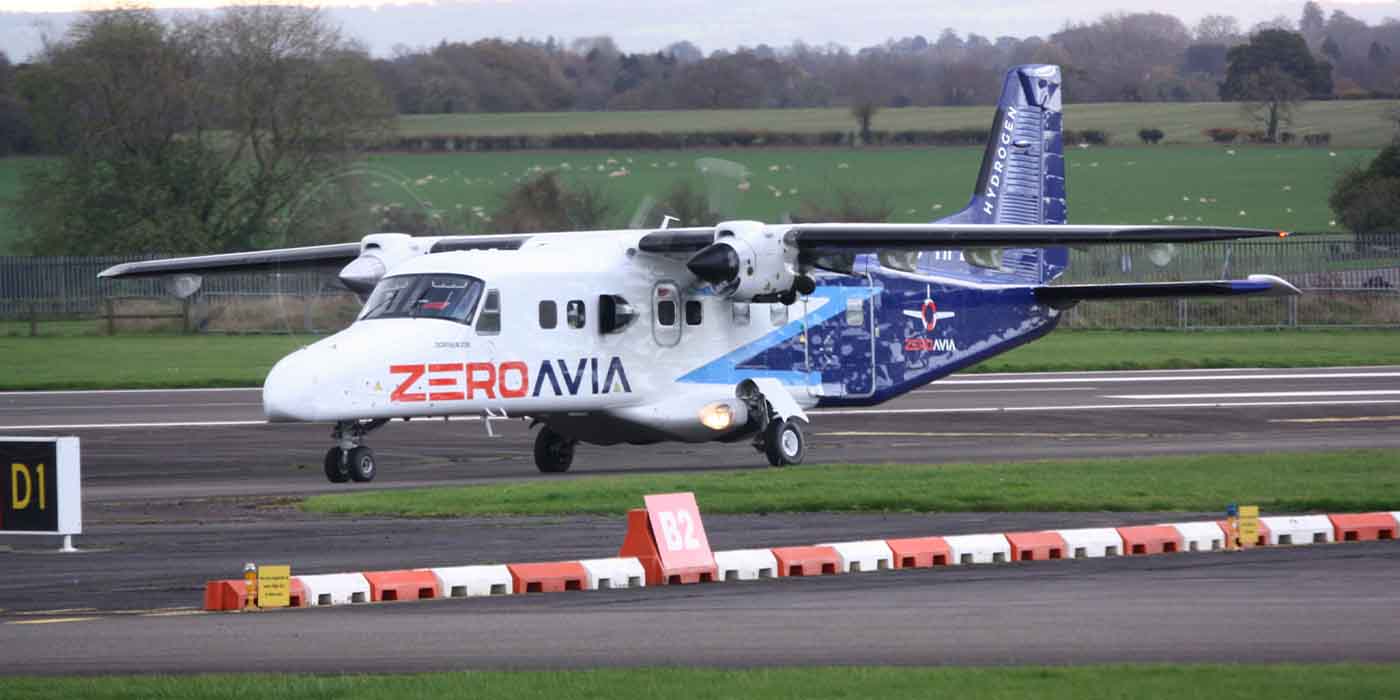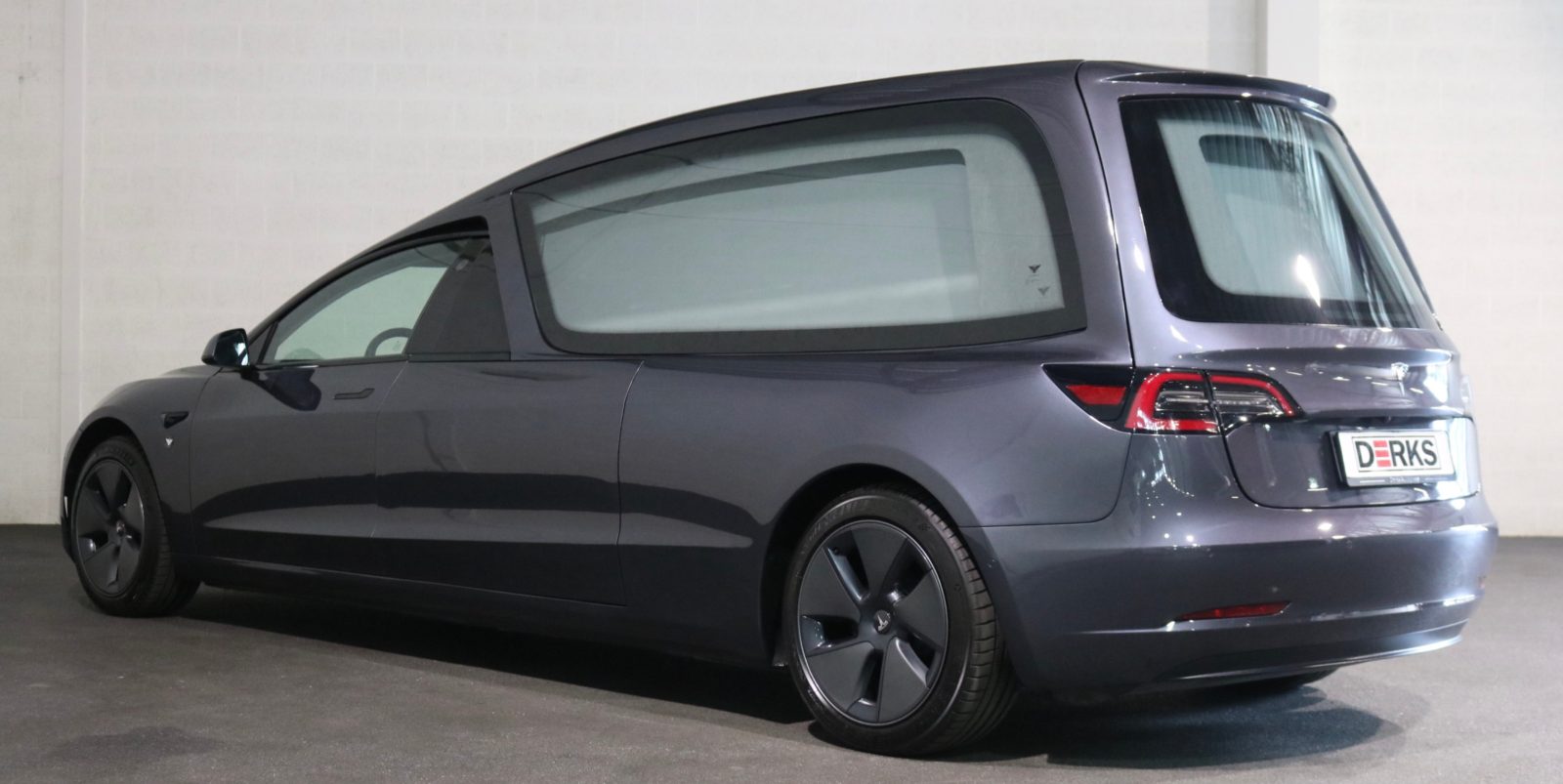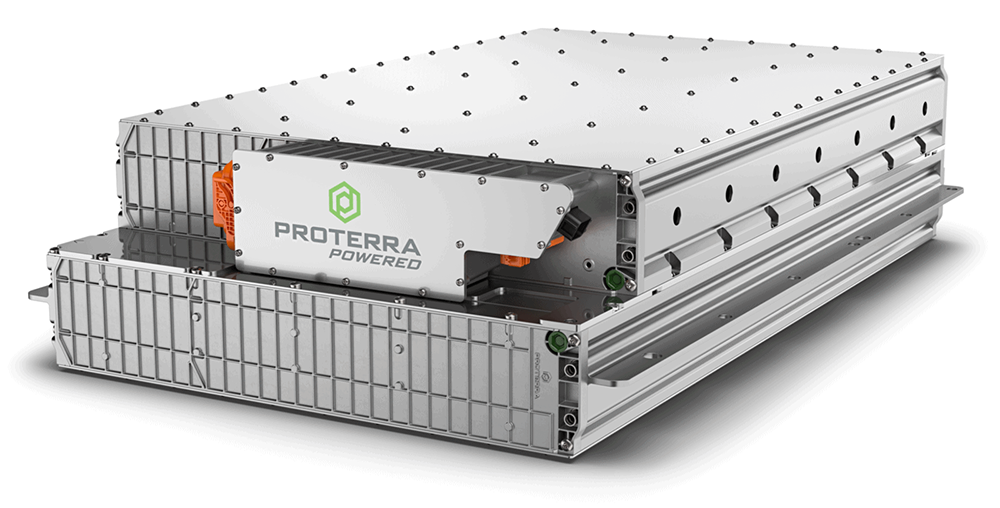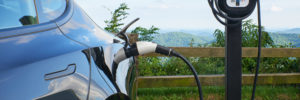The furniture giant hopes to roll out this green delivery option in all stores across the world.
Source: Electric Vehicle News
Electric Vehicle News
ZeroAvia nears takeoff with its 19-passenger hydrogen-electric plane

Hydrogen-electric plane developer ZeroAvia has come one step closer to performing the first test flight of its hydrogen electric plane equipped with a 600kW powertrain. The company has received a permit from the UK’s Civil Aviation Authority (CAA) to takeoff soon.
The post ZeroAvia nears takeoff with its 19-passenger hydrogen-electric plane appeared first on Electrek.
Source: Charge Forward
Tesla Model Tows 15,000-Pound Boxabl House Even Though It Shouldn’t
The Tesla Model 3 and the heavy trailer even took to the drag strip.
Source: Electric Vehicle News
Check out this Tesla Model 3 hearse – you’ll be dying to try it

This new Tesla Model 3 hearse shows that everything is going electric, even for your last trip in a vehicle.
The post Check out this Tesla Model 3 hearse – you’ll be dying to try it appeared first on Electrek.
Source: Charge Forward
2024 Hyundai Kona Electric Revealed, IRA Rule Delay Adds To Rebate
Episode 142.
Source: Electric Vehicle News
EV charging company EnviroSpark secures $15 million in total funding
Georgia-based EV charging company EnviroSpark has completed a $10-million funding round led by Ultra Capital. The company announced its $5-million Series A funding earlier this year, bringing total outside investment to $15 million.
EnviroSpark plans to use the additional funding to expand its services and increase its employee headcount nearly fourfold.
EnviroSpark partners with property owners, utilities, nonprofits and governments to provide turnkey EV infrastructure solutions. The company continues to rapidly expand on its existing footprint of 5,800 chargers installed across the US and Canada.
EnviroSpark was recently awarded a federal government contract to design and install EV charging stations at federal agency locations throughout the Southeastern US. The General Services Administration contract includes a $500-million budget for the 13-state region.
“Given the US economy’s focus on the clean energy transition and EnviroSpark’s focus on top-notch operations and service, they are poised for success,” said EnviroSpark investor and former CEO of Georgia Power Paul Bowers. “EnviroSpark served as Georgia Power’s preferred partner during my tenure and I’m confident that they will continue to deliver for GPC and all of the utilities they serve.”
“EnviroSpark offers a unique and customizable turnkey solution to property owners looking to meet the rapidly accelerating demand from tenants for convenient and reliable charging,” said investor and former CEO of Post Properties Dave Stockert.
Source: EnviroSpark
Source: Electric Vehicles Magazine
ENC’s new buses to use propulsion and power management systems from BAE
US-based bus manufacturer ENC, a subsidiary of the REV Group, will use propulsion and power management technology from BAE Systems in its new battery-electric and hydrogen fuel cell transit buses.
BAE Systems will supply its Gen3 power inverters and electric motors, Modular Power Control System (MPCS) and Modular Accessory Power System (MAPS) to ENC for use in its Axess Battery Electric Bus (EVO-BE) and its Axess Hydrogen Fuel Cell Electric Bus (EVO-FC).

The EVO-BE will include a Proterra Powered battery system, and the EVO-FC will have a 125 kW hydrogen fuel cell from Plug.
BAE Systems’ electric propulsion technology is developed and serviced at its facilities in Endicott, New York and Rochester, UK.
Source: BAE Systems
Source: Electric Vehicles Magazine
EV lithium consumption in Q3 2022 up 70% over last year
In Q3 2022, more than 77,000 tonnes of lithium carbonate equivalent (LCE) were deployed in the cells of recently sold passenger plug-in vehicles globally, 70% more than was deployed in the same period the year before, according to Adamas Intelligence.
In the Asia Pacific region, LCE deployment rose 100% year-over-year in Q3 2022 to 49,000 tonnes, and over the same period there was a 91% increase in plug-in vehicle sales.
In Europe, deployment rose 18% year-over-year in Q3 2022 to 16,600 tonnes. There was a 4% increase in plug-in vehicle sales over the same period.
In the Americas, deployment rose 70% year-over-year in Q3 2022 to 11,300 tonnes, and over the same period there was a 42% rise in plug-in vehicle sales.
In Q3 2022, 58% of all LCE deployed onto roads globally was attributed to China, 13% to the US, and 6% to Germany. Together, these three countries captured 77% of the global market, up from a combined 71% in Q3 2021.
In Q3 2022, 59% of LCE units deployed onto roads in passenger plug-in vehicles were derived from lithium carbonate (compared to 54% in Q3 2021) and 41% from hydroxide (compared to 46% in Q3 2021). This indicates that LFP and NCM 5-series cells continue to gain market share from high-nickel batteries that use lithium hydroxide, like NCM and NCA.
As of Q3 2022, there are 537 unique passenger plug-in vehicle models available for sale globally (and 749 versions of those models), per data from Adamas. But the Tesla Model Y alone accounted for more than 10% of all LCE deployed onto roads globally in Q3 2022 and for more than 15% in combination with Tesla Model 3.
Source: Adamas
Source: Electric Vehicles Magazine
Canoo delivers its new LTV to US Army for testing
EV startup Canoo has delivered its new Light Tactical Vehicle (LTV) to the US Army for analysis and demonstration.
Canoo says the electric LTV is engineered for extreme environments and includes stealth configurations. It incorporates carbon Kevlar for strength without added weight and is designed for passenger ergonomics and battery safety.
Canoo’s LTV has a proprietary all-wheel drive system that provides up to 600 hp of power. To meet the demands of off-road environments, it incorporates air springs, a raised suspension and 32-inch all-terrain tires.
According to the company, the new LTV can be converted from a pickup to a flatbed truck, a cargo vehicle and more. It can easily carry standard-sized plywood, construction and oversized materials, as well as tactical equipment or attachments for required missions.
Canoo’s proprietary modular attachment system enables the LTV to have mission-specific configurations. Flatbed walls can quickly be exchanged for many other types of mounts, including racks, ramps, storage boxes, tents or tactical systems.
“The LTV is another milestone proving the power of our technology and how it can be used, even in tactical situations,” said Tony Aquila, Chairman & CEO at Canoo.
Source: Canoo
Source: Electric Vehicles Magazine
Elon Musk Goes Live On Twitter, Says He Is Not MIA At Tesla
This after he drew criticism from Tesla shareholders, some of whom even called for him to be replaced as CEO.
Source: Electric Vehicle News





